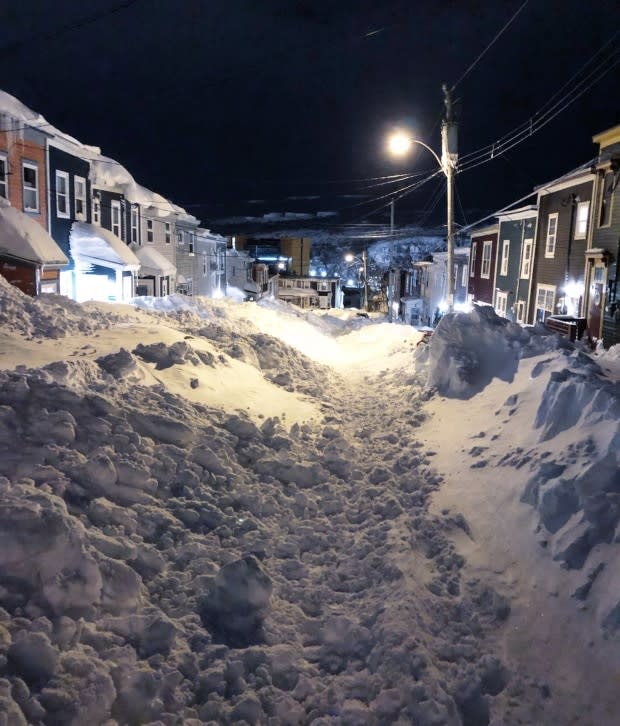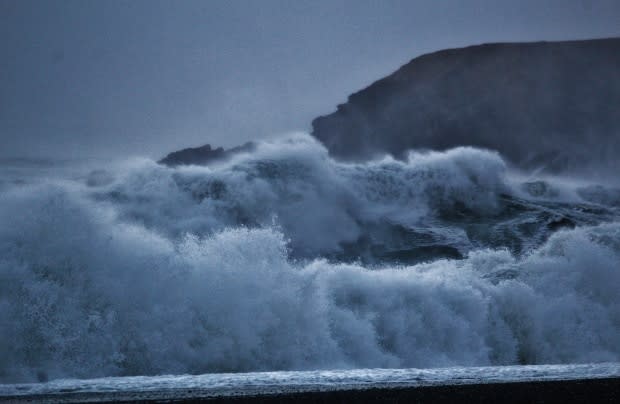Climate change might not be to blame for blizzard but expect more 'wild weather,' say scientists
Although some climatologists in the city aren't chalking up Jan. 17's monster blizzard to climate change, they say the province can expect more "wild weather" in the future.
"When you start talking about the amount of snow turnout of a storm, things get even more dicey in terms of figuring out what climate change will do to that," said Joel Finnis, climatologist with Memorial University's geography department.
"This is what we call a 'weather bomb.' It's just a really rapidly growing and intensifying winter storm. It was situated perfectly for us to get a lot of low-density snow."
Finnis said the chances of seeing this type of storm could decrease with climate change as temperatures warm, but other intense precipitation storms could become more frequent: more storm surges, more rain and higher winds.
We have to expect the unexpected. - Brett Favaro
"Winter flooding could become a greater concern," he said.
Finnis said Atlantic Canada will continue to see weather bombs but he doubts he will ever see another system in St. John's produce that much snow in one day.
"It's possible … but I suspect this type of storm is going to remain rare and may even become more rare as we move towards the end of the century," he said.

His thoughts were echoed by Brett Favaro, a research scientist at MUN's Fisheries and Marine Institute.
"It is difficult to attribute any single storm to climate change or not to climate change, but we know that climate change basically loads the dice," he said
"In general, climate change is going to lead to more wild weather."
Favaro said if people don't start reducing their carbon emissions climate change will impact the province in numerous ways.

He predicts changes to geographic landscape and harm to ecosystems but says there are also a number of things scientists will not be able to predict.
"We have to expect the unexpected," he said.
"That's what really scares me as a scientist … there are things we know that are going to be a problem, but then there are events that we just don't know."
Read more from CBC Newfoundland and Labrador


